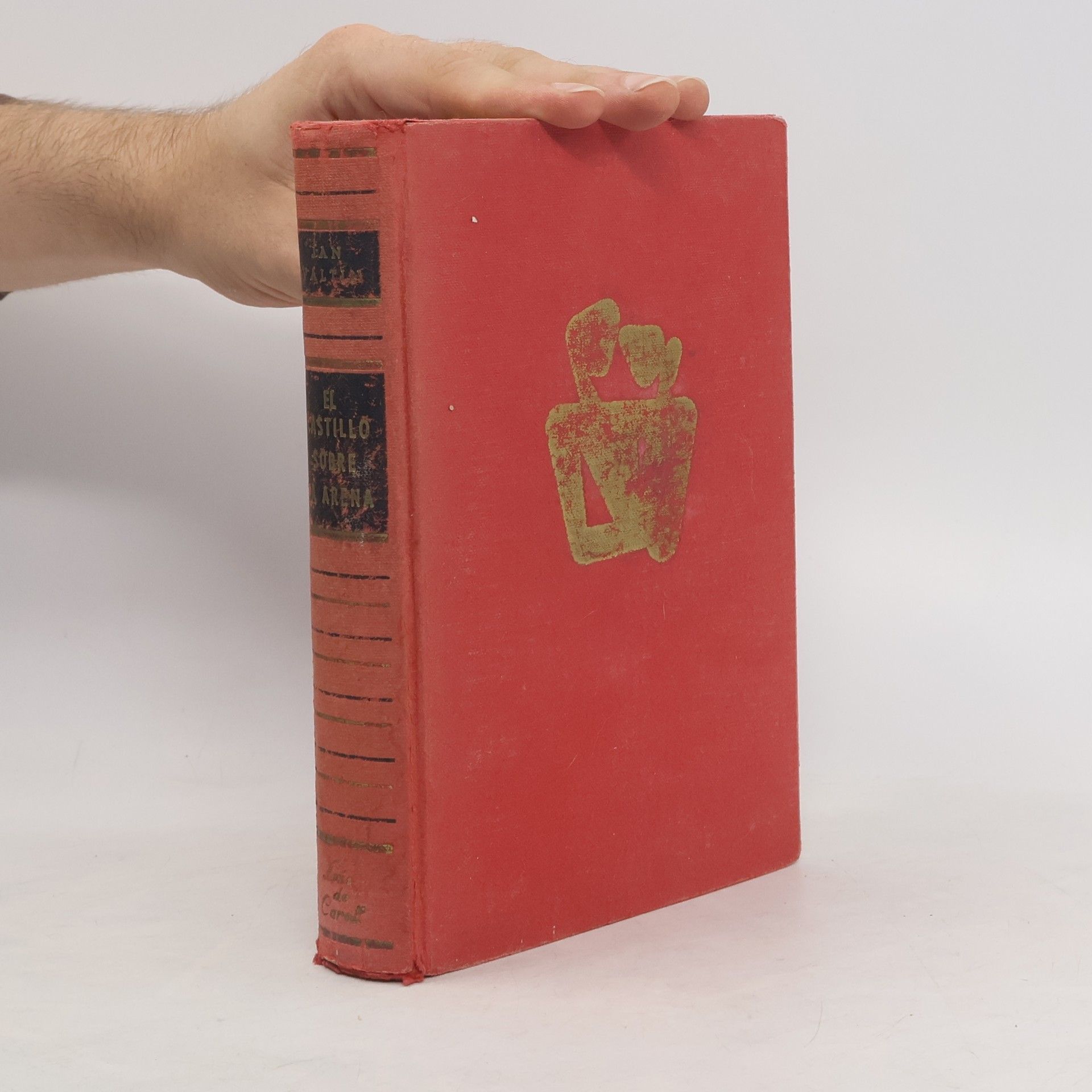Focusing on the harrowing experiences of the U.S. Army's 24th Infantry Division during their 1944-45 deployment in the Philippines, the narrative captures intense battles across various islands, including Mindanao and Luzon. It vividly details the brutal realities of close-quarters combat while highlighting the courage and brotherhood among American soldiers. This account stands out as a significant portrayal of the Pacific War from the viewpoint of front-line infantrymen, blending graphic descriptions of warfare with themes of valor and camaraderie.
Jan Valtin Orden de los libros
Este autor fue conocido por su obra autobiográfica, que detallaba su supuesta vida como agente secreto y su participación en intrigas políticas. Su escritura se caracterizó por una cruda honestidad, con el objetivo de exponer los aspectos más oscuros de los movimientos políticos de su época. Su libro más famoso, aunque posteriormente revelado como un engaño literario, generó una controversia significativa y alimentó debates sobre las actividades soviéticas en Europa. Más tarde, se dedicó a relatar experiencias bélicas, enfatizando aún más su enfoque en los destinos humanos en tiempos turbulentos.



- 2020
- 1957
La noche quedó atrás
- 800 páginas
- 28 horas de lectura
This now forgotten autobiography by an obscure German revolutionary was one of the great (and unlikely) bestsellers of 1941, selling more than a million copies in the US alone. It is one of the most wrenching and remarkable autobiographies ever written, the tale of an ordinary guy deeply involved in world historical events in an era when the fate of Europe and the world hung in the balance. It is also the best cautionary tale of political fanaticism ever written. Jon Valtin (aka Richard Krebs) first participated in the failed German uprising (that was to save the Socialist Revolution from its isolation in backward Russia), then became an agent of the Communist International, spreading subversion all over the globe. Becoming increasingly dubious of Stalinism's pathological tendencies, he intentionally botched an assassination he had been commanded to carry out in Los Angeles. He spent three years in San Quentin, mastering English, then returned to Europe to fight fascism. He was captured by the Gestapo, escaped after more than three years, survived a murder attempt by Stalin's thugs, and finally washed up on the shores of the US, friendless and penniless at the height of the great depression. Besides being hard to put down, this book is both epic and tragic, but not in a ponderous or grim way; rather, it gives one a sharpened sense of what is at stake and what is possible in life.